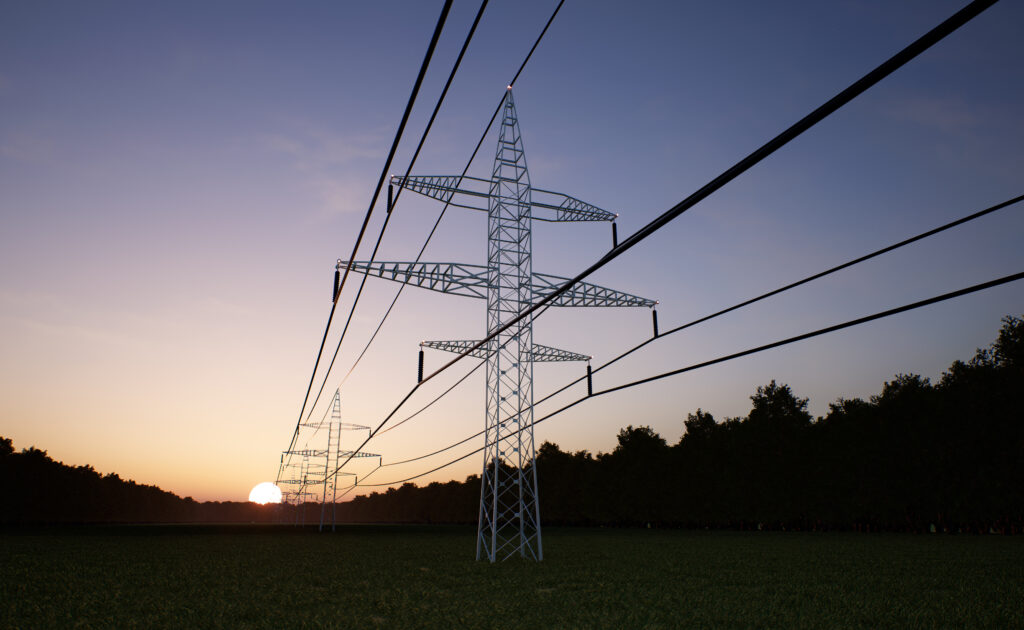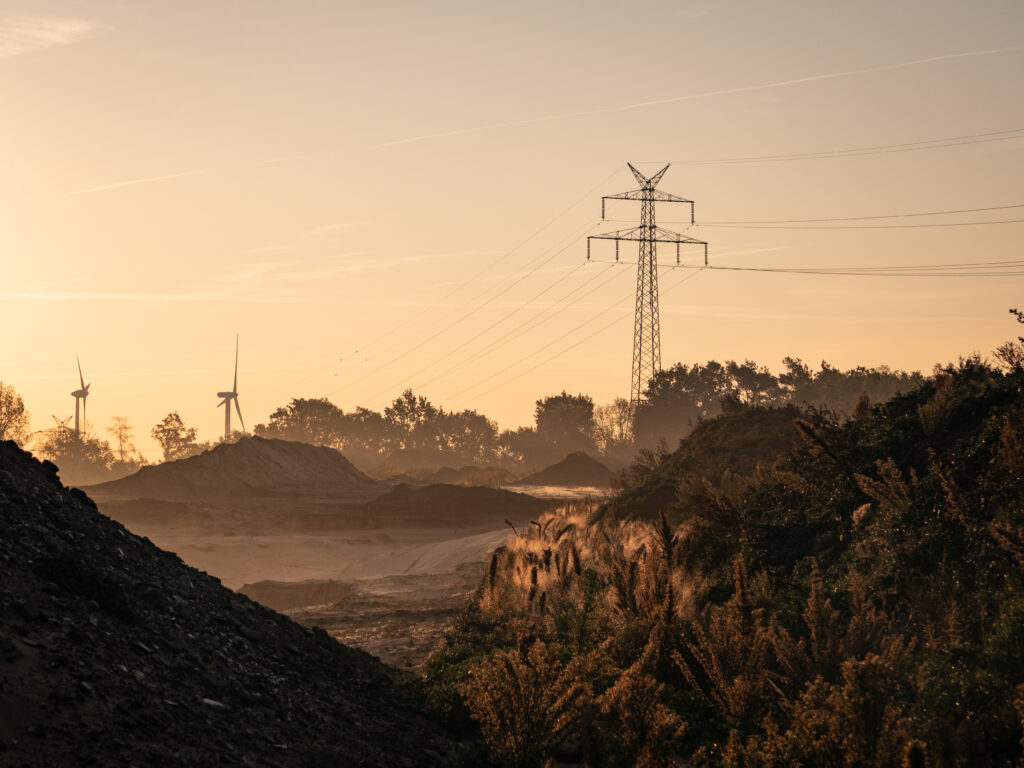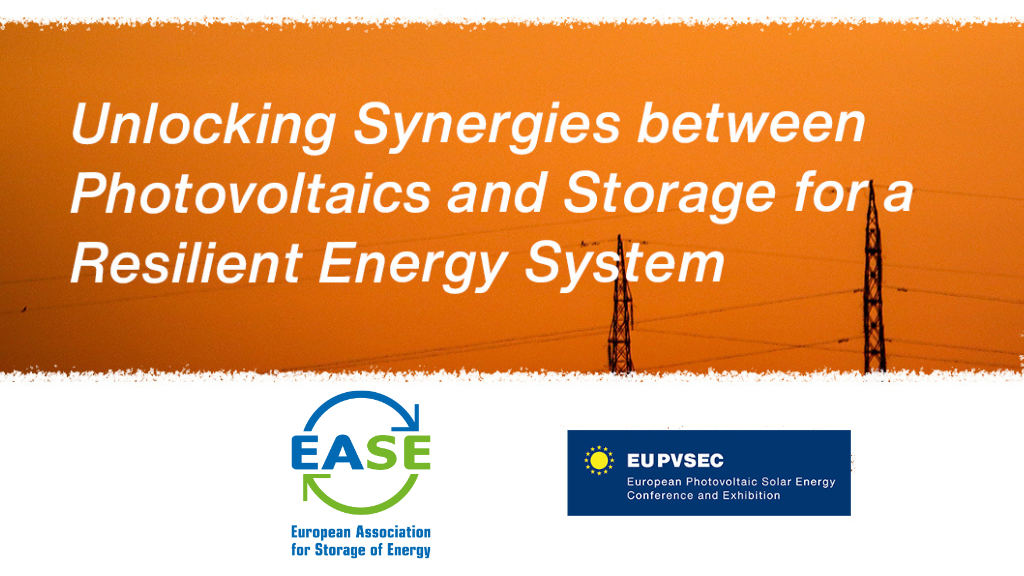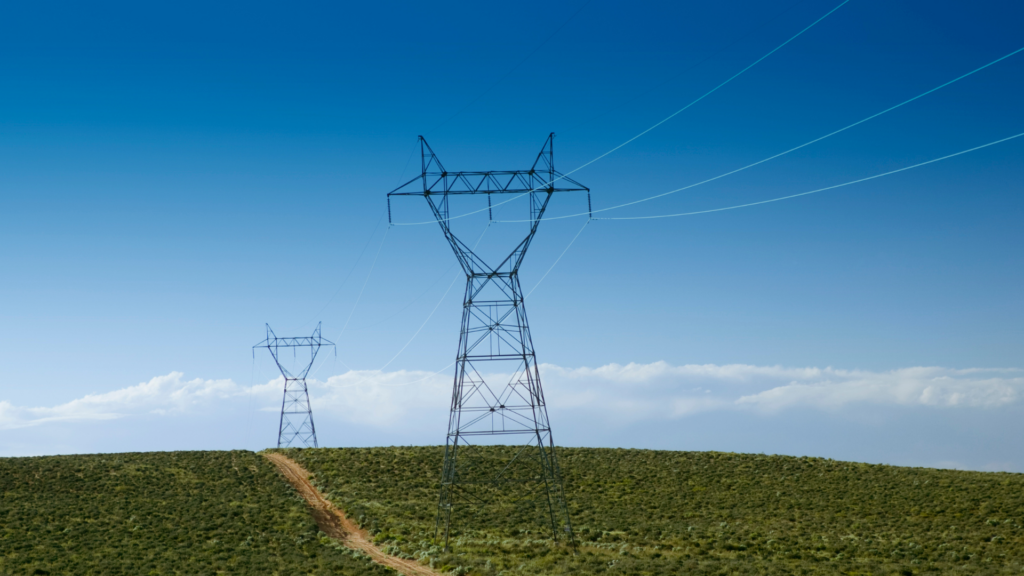May 2017 / Policy Papers
EASE Recommendations on Sectoral Integration Through Power-to-Gas/Power-to-Liquid
Increasing the power generation from renewable energy sources (RES) and decarbonisation are the main targets of today’s energy policy in Europe. Both Power-to-Gas (PtG) and Power-to-Liquid (PtL) allow using electricity generated from RES to produce Green Hydrogen and other energy carriers. This will help to reduce greenhouse gas (GHG) emissions by substituting energy from fossil sources.
Since PtG and PtL are able to be produced flexibly, they can provide additional flexibility to the electricity grid and thereby support the integration of intermittent renewable generation as well as the deployment of additional RES installed capacity. Furthermore, PtG and PtL are key technologies for sectoral integration (sector coupling), i.e. improving the link between different energy and economic sectors, thereby increasing the overall efficiency at energy system level while contributing positively to energy security.
EASE has published its recommendations on Sectoral Integration Through Power-to-Gas/Power-to-Liquid (PtG/PtL) that would help in overcoming some key regulatory barriers that are still blocking developments in the PtG and PtL sectors:
- Developing a certification system for production pathways of Green Hydrogen and Green Synthetic Fuels.
- Developing comprehensive and fair life cycle assessment (LCA) methodologies for assessing GHG emission savings from renewable and low carbon fuels in the overall system to evaluate an adequate remuneration scheme for those savings.
- Promoting sectoral integration by reducing the barriers between the different energy and economic systems (mobility, industries, heating, etc.). This includes especially those fees and taxes applied when energy is transferred from one sector to another.
- Developing a coherent remuneration system for flexibility services.
- Creating a level playing field for Green Hydrogen and green fuels/blending components when used in refineries or during the fuel production process by classifying them as advanced biofuels under the revised Renewable Energy Directive (RED).
- Reducing the economic gap by promoting, especially through EU funds, the development of pilot projects.




